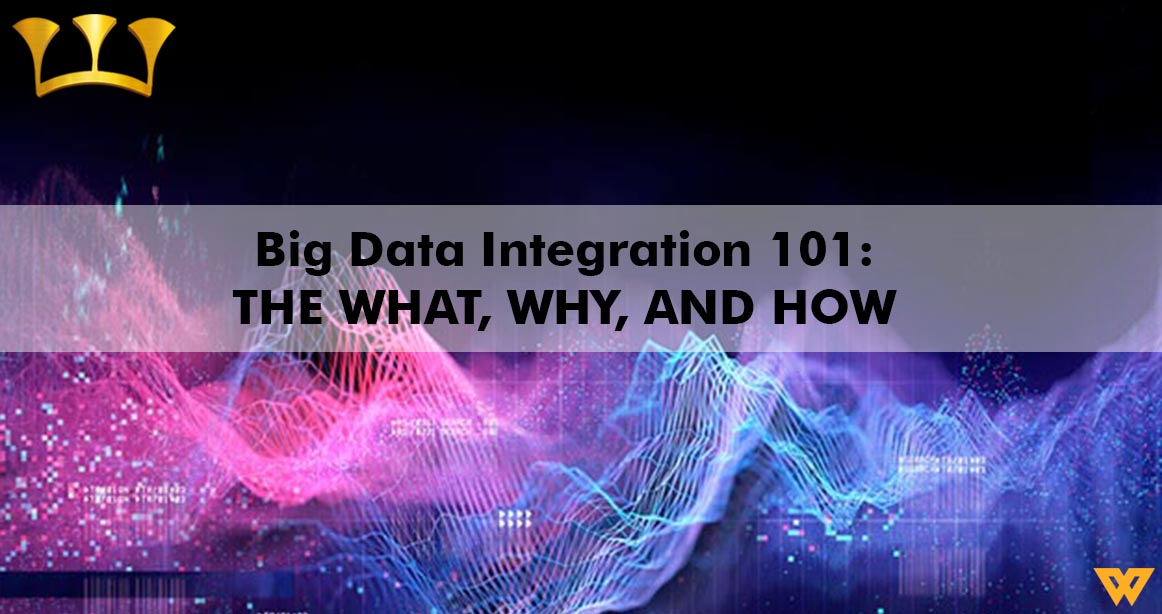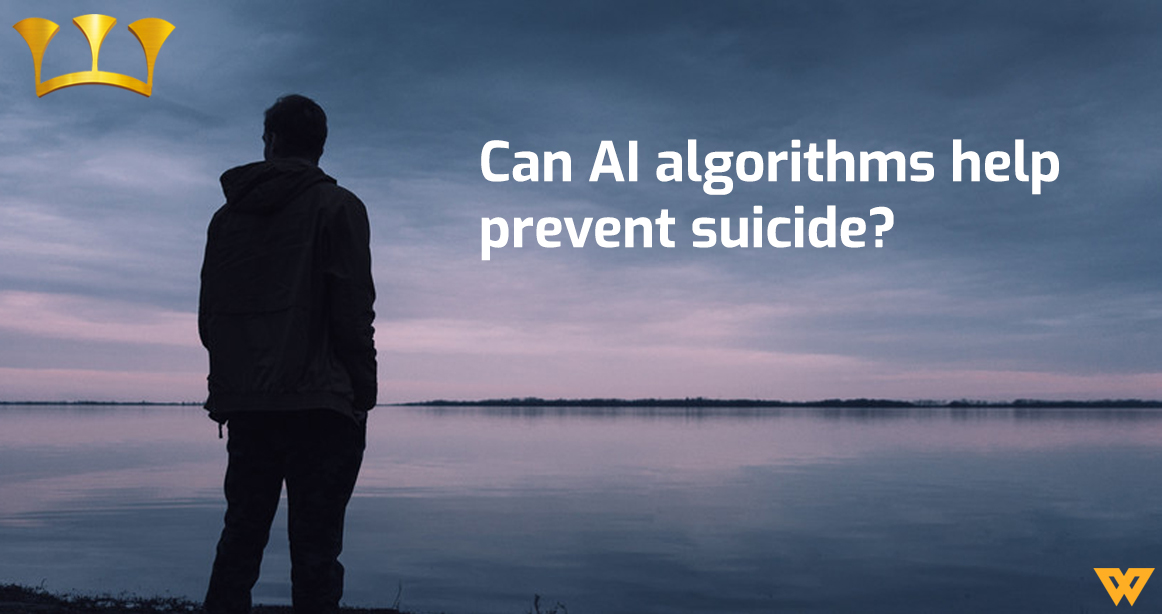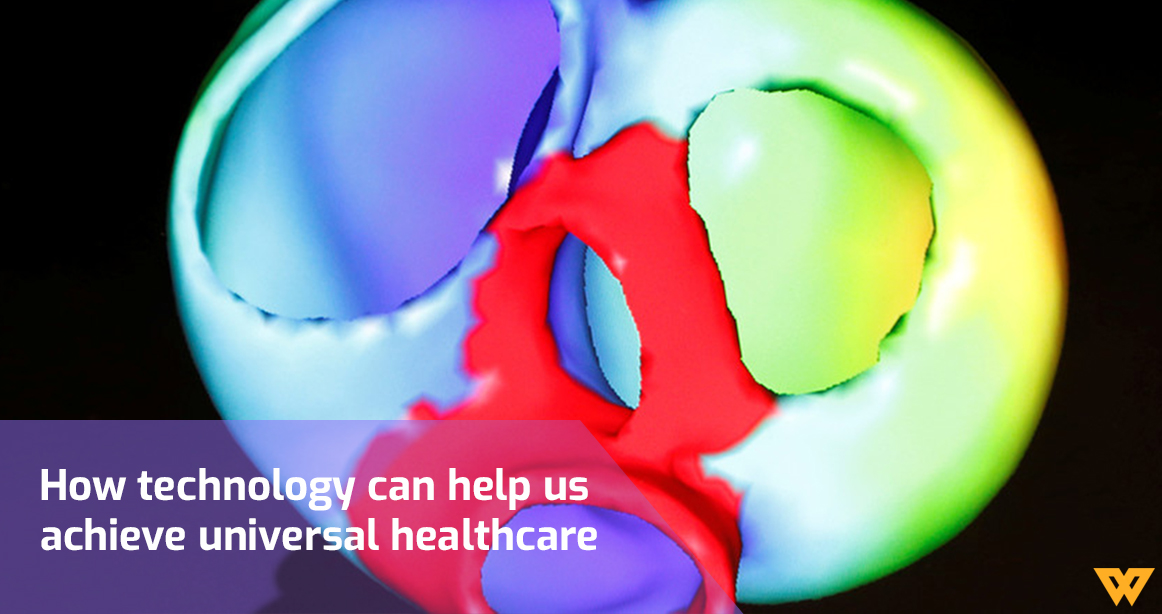News Release

Artificial Intelligence is the New Black
In 2018 it’s pretty clear that Artificial Intelligence has entered Black Mirror territo From Facebook’s revelations of declining trust to China’s superior facial recognition data based state; we’re thinking of AI and how it’s tethered to our future differently.Read more...

The Transformative Power of Blockchain in Finance
Blockchain has come long way since it has come into existence a decade ago and started gaining popularity worldwide.Originally designed for cryptocurrencies, the technology has been embraced across several other sectors as an integral part of them. Read more...

What Happens When You Combine BlockChain And
Machine Learning?
Blockchain and Machine Learning (ML) have been making a lot of noise over the last couple of years, but not so much together. Made famous as the underlying technology behind Satoshi Nakamoto’s bitcoin, it has since grown to prove that it can do a whole lot more. Read more...

Big Data Integration 101: The What, Why, and How
Big Data Integration is an important and essential step in any Big Data project. There are, however, several issues to take into consideration. Generally speaking, Big Data Integration combines data originating from a variety of different sources and software formats. Read more...

Neuroengineers from Columbia University harness intelligible speech from person's brain activity using AI
Clear, intelligible speech using computer processing of human brain activty has been acheived by scientists for the first time. Researchers at the Zuckerman Institute at Columbia University were able to reconstruct the words a person heard by monitoring their brain activity. Read more...

This is what your phone can learn from the sound of your voice
Your phone travels everywhere with you, potentially listening to every sound you make. These data collectors could learn to understand you as well as your closest friend, and probably better. Read more...

John Clippinger: On sustainable energy through blockchain and self-organising systems
In 2014, From Bitcoin to Burning Man and Beyond explored the re-invention of money and a utopian vision of a self-governing, self-editing and self-learning society. John Clippinger, who co-edited the book, wrote one chapter on the importance of self-sovereignty. Read more...

How AI is Revolutionizing the Human Resource Functions
Any job opening in a major organization typically invites hundreds of applications; yet only 10 percent of the incoming resumes are relevant! Imagine placing a job advertisement in a newspaper and bracing for the deluge of applications that would consume weeks of your time to sift through. Read more...

Deep Learning for Machine Empathy: Robots and Humans Interaction
When we think about the imminent development of the next digital revolution, humanity will face an unprecedented wave of automation. More and more smart and connected devices will coexist with us. This revolution is already taking place, from cell phones, to autonomous vehicles and even our refrigerator. Read more...

Big Data 2019: 5 Predictions On Trends, Tech, and How The Landscape Will Change
With 2018 coming to a close, it’s time to engage in that long-standing New Year’s tradition of putting on our sorcerer hats and predicting what’s ahead for big data trends in 2019. After a bit of a shakeup in the market with Cloudera and Hortonworks merging and IBM exiting the Hadoop market, big data is beginning to prove there’s still great promise as it starts to break out of the “for developers only” mold in a big way. Read more...

Unlocking Public Sector Artificial Intelligence
AI holds the potential to vastly improve government operations and meet the needs of citizens in new ways, ranging from traffic management to healthcare delivery to processing tax forms. But many public institutions are cautious about harnessing this powerful technology due to concerns over bias, privacy, accountability, transparency and overall complexity. Read more...

Can AI algorithms help prevent suicide?
While this story is a particularly alarming one, it’s sadly not unique — suicide is the second leading cause of death among teenagers in the US, Europe and South-East Asia. Every day, millions of social media posts, chats, and queries on Facebook, Snapchat, Google, Siri and Alexa relate to mental health. These posts could act as a trail of breadcrumbs toward people most at risk of suicide. Read more...

Artificial Intelligence Mimics Navigation Cells in the Brain
An algorithm trained to move through a virtual environment spontaneously generated patterns of activity found in so-called grid neurons.A computer program can learn to navigate through space and spontaneously mimics the electrical activity of grid cells, neurons that help animals navigate their environments, according to a study published yesterday (May 9) in Nature. Read more...

3 things you need to know about securing a blockchain
As leaders around the globe investigate how to leverage the benefits of blockchain technologies, security is often a primary concern. They may be aware of the many security benefits inherent with a blockchain, such as cryptography, immutability, decentralization. But questions remain, such as: what is the best approach to blockchain as a technical problem? How are attackers compromising blockchain technologies? Given its inherent security qualities Read more...

New quantum device can “generate all possible futures”
For now, the quantum computer built by Griffith University and Nanyang Technological University scientists can hold two superpositions of 16 different possibilities, according to the research. It also uses less memory than a classical computer would, suggesting it could outperform classical systems at certain tasks. Read more...

AI Object Recognition System Operates at Speed of Light
Researchers have created a 3D-printed artificial neural network that uses light photons to rapidly process information. What is novel here is not the deep-learning part, but the optical engineering and the ability to “make a cast” of the artificial neural network using 3-D printing Read more...

Hackers are causing blackouts. It's time to boost our cyber resilience
A six-hour winter blackout in mainland France could result in damages to households, businesses and vital institutions totalling over €1.5 billion. A well-orchestrated cyber attack on critical electricity infrastructure could have this type of economic impact on a country. Is this realistic? Officials from the US Department of Homeland Security publicly declared in 2018 that hackers had infiltrated the control rooms of multiple US electricity utilities to the extent that they had the ability to disrupt the flow of electricity to customers. Read more...

The UN came of age with the nuclear bomb. Time for it to step up to the AI era
In an age of rapid technological change, we frequently create and use technologies designed to amplify our greatest ambitions as a global community – only to find that they lead to consequences we never imagined or intended.Our daily bread, social media, is a prime example. These platforms were initially designed to connect us not only to friends, but also a wider global community whose perspectives and ideas differed from our own. Read more...

New AI sees like a human, filling in the blanks
Computer scientists at The University of Texas at Austin have taught an artificial intelligence agent how to do something that usually only humans can do -- take a few quick glimpses around and infer its whole environment, a skill necessary for the development of effective search-and- rescue robots that one day can improve the effectiveness of dangerous missions. The team, led by professor Kristen Grauman, Ph.D. candidate Santhosh Ramakrishnan and former Ph.D. candidate Dinesh Jayaraman (now at the University of California, Berkeley) published their results today in the journal Science Robotics. Read more...

How technology can help us achieve universal healthcare
This week, the World Health Assembly (WHA) is convening in Geneva to address the implementation of the health-related goals of the 2030 Agenda for Sustainable Development, with a particular focus on how to make universal health coverage (UHC) a reality.Earlier this year, the World Health Organization (WHO) published its draft Global Strategy on Digital Health, which puts digital health initiatives and greater use of technology and health information systems at the heart of achieving affordable and universal access to care. Read more...
